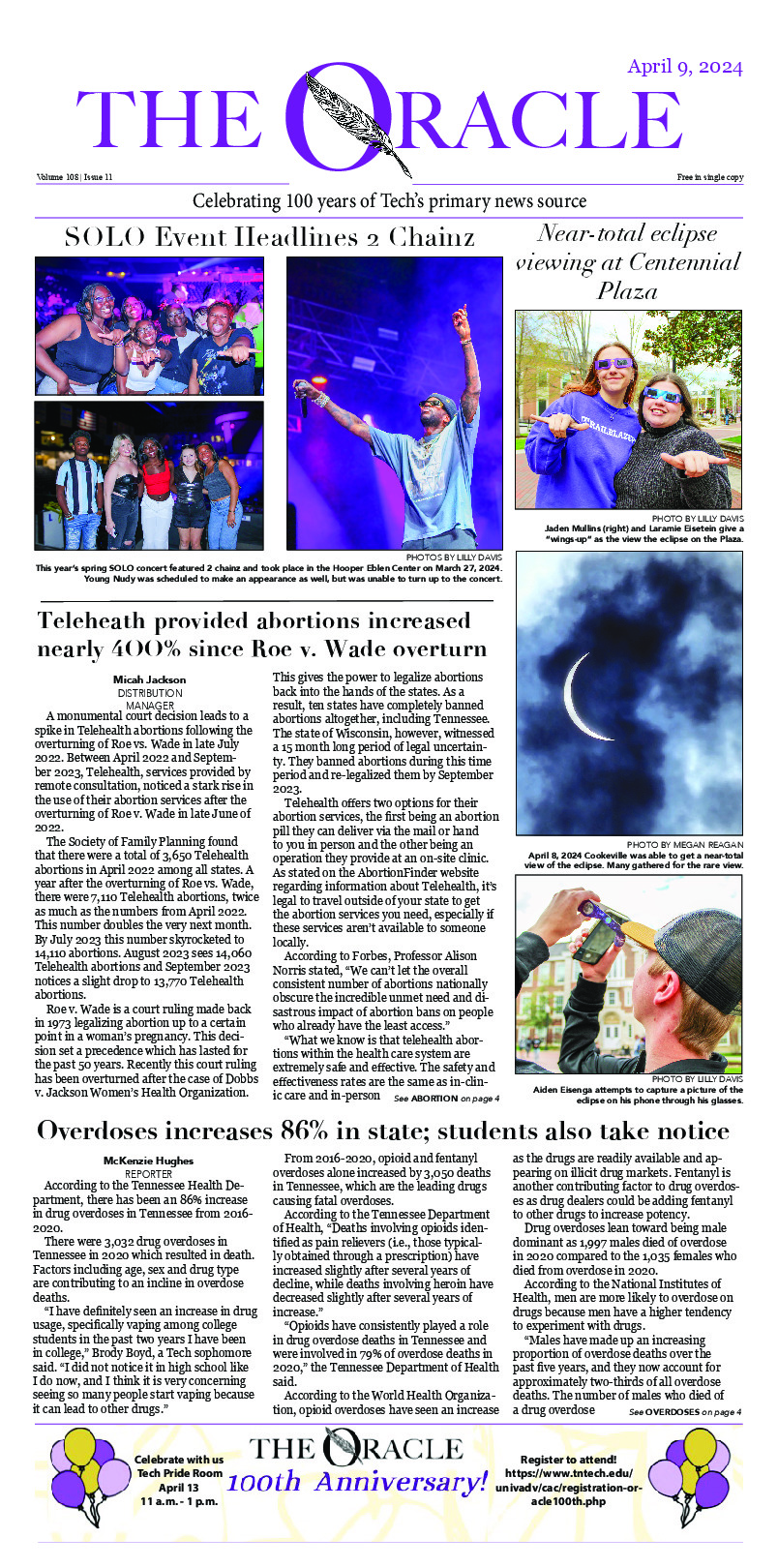During the weekly Student Government Association meeting, Director of Dining Services Sam Holm answered many questions and concerns from the SGA representatives about the multiple dining changes around campus.
Holm addressed the closing of The Perch in New Hall South, which included the closing of Grill Nation and Papa John’s. Holm said the first reason was to allow more variety of food offerings in remaining restaurants. Chick-fil-A now offers a breakfast menu, including chicken biscuits, chick-n-minis, and bacon, egg and cheese biscuits among others. Chick-fil-A also offers four flavors of milkshakes: chocolate, vanilla, strawberry and cookies and cream.
The second reason, Holm said, was the reduced freshman enrollment, which creates a loss of around $1 million in sales. Holm said closures needed to be made to compensate for the loss in revenue.
Customer satisfaction is still important, Holm said. Chick-fil-A and Which Wich are now open until 11 p.m. Monday through Thursday.
The Cafeteria was completely gutted and redone over the summer, Holm said, which was just under a $2 million investment. This spurred the question: “Why would you invest so much into The Caf if you knew enrollment will be down?” Holm said The Caf was the oldest dining area on campus and was the most popular among dining options. The last and “most important” thing yet to be installed in The Caf is the soft-serve machine, Holm joked.
Other senators asked if Back Yard Burger’s breakfast menu was to return this semester, Holm said there was not enough funding to allow both Back Yard Burger and Chick-fil-A to have a breakfast menu. Holm also noted that students’ general breakfast preference was Chick-fil-A over Back Yard Burger.
The last major concern senators had was that dining dollars do not carry over through semesters and are lost if not used. Holm said that dining dollars sales are what drive the food program, and Dining Services still has costs to pay at the end of the day. If unused dining dollars were returned to students, funding would have to come from somewhere else, Holm said, which could mean either closing another restaurant, such as Starbucks, or increasing student tuition.


